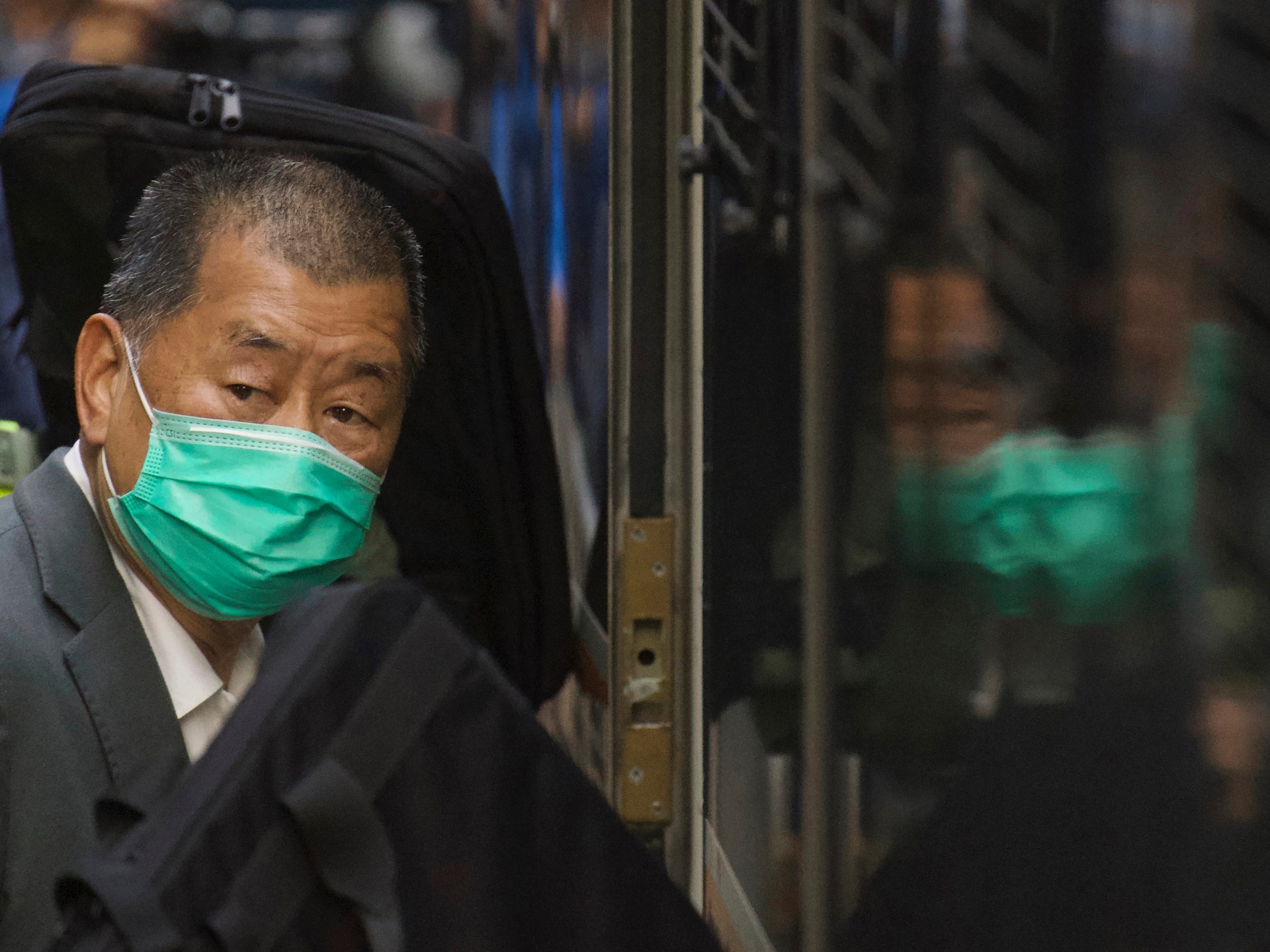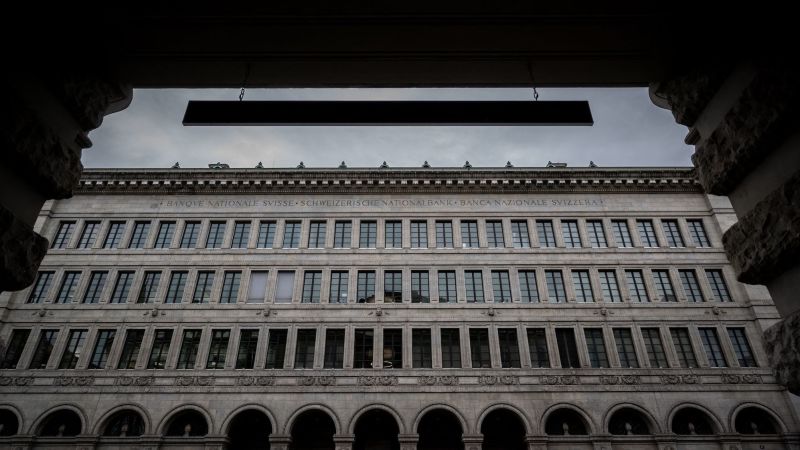The El Salvador diaries: The cult of Nayib Bukele
On August 2, El Salvador’s Nayib Bukele – whose Twitter profile has evolved from “officially the coolest president in the world” to the “coolest dictator in the world” to just “El Presidente” – took to his favourite social media platform to announce that El Salvador had gone from being the “most dangerous country in the world to the safest country in Latin America”.
Accompanying the tweet was the hashtag #GuerraContraPandillas – “war on gangs” – and a statistics chart from the Salvadoran National Civilian Police indicating that, on August 1, there had allegedly been zero homicides nationwide.
Granted, the country is not very “safe” for the casualties of the war on gangs which is currently being waged in the context of a state of emergency imposed at the end of March in response to a spike in gang killings. The spike was occasioned by a breakdown in secret negotiations between the Bukele administration and the Salvadoran gangs – for which underhanded business Bukele assumed the codename “Batman”.
Now our superhero is going after the same folks he was negotiating with – and loads of others as well. As of July 20, when the state of emergency was extended for the fourth time, 46,000 people – many of them having nothing to do with gangs – had been imprisoned in ghastly conditions. Some 63 people had reportedly died in state custody. According to the investigative website The Intercept, “an estimated 2 percent of adults” are behind bars in El Salvador, apparently putting the diminutive country ahead of the United States in terms of per capita incarceration – no small feat indeed.
From his Twitter podium, Bukele ceaselessly and gleefully ridicules the very concept of human rights – and anyone who supports those rights – all of which would seem to suggest that, in the end, none of this is really about gangs at all. It is, rather, an all-out war on society.
And yet Batman continues to command sky-high approval ratings from the society under siege, which just goes to underscore the perks of running a country like your very own cult.
A former advertising executive, the 41-year-old Bukele has certainly proved savvy at self-marketing. Expelled in 2017 from the Farabundo Martí National Liberation Front (FMLN) – one of the two main political parties that had dominated the Salvadoran landscape since the end of the bloody 12-year civil war in 1992 – Bukele went on to found Nuevas Ideas or “New Ideas”, a welcome premise in a nation exhausted by violence and political disillusionment.
Never mind that the main “idea” behind Bukele’s own political machinations is total personal control – and that right-wing authoritarianism is hardly anything “new”, even when it is conducted by the world’s “coolest dictator” sporting a baseball cap worn backwards.
After assuming the presidency in 2019, Bukele busied himself showing everyone who was boss and dispensing with annoying democratic obstacles to unfettered rule. In February 2020, he deployed military and police forces inside the Salvadoran parliament building as part of a threat to dissolve the country’s legislative body if politicians refused to do what he wanted. In May 2021, he orchestrated the dismissal of all five Supreme Court judges as well as El Salvador’s attorney general.
And as was the case with former tweeter-in-chief Donald Trump – whom Bukele once praised as “very nice and cool” – Twitter has served as a handy venue for everything from narcissistic proselytism to unhinged tirades to bombastic troop rallying. In April 2020, in the midst of El Salvador’s asphyxiating coronavirus lockdown, Bukele unleashed a tweet authorising soldiers and police to utilise “lethal force … in self-defence or in defence of the lives of Salvadorans” – essentially a green light to kill anyone at any time.
So much for the lives of Salvadorans.
In addition to Twitter, God has been a solid ally in the propagation of the cult of Bukele – despite his capitalised insistence in a 2019 Facebook post that “I AM NOT A RELIGIOUS PERSON”. El Salvador being the heavily religious country that it is, it did not take long for Bukele to capitalise on spiritual devotion, as well, and he now makes a point of praying ostentatiously and talking to God.
An in-depth profile of Bukele by the Salvadoran investigative news outlet El Faro – titled How Bukele Crafted a Best-Selling Political Brand – offers some captivating glimpses of the trajectory of a character whose first presidential actions included a late-night tweet “that all citizens in the country should go to sleep”. According to El Faro, 20 years before assuming the presidency, Bukele chose none other than “Class terrorist” as the caption for his high school senior yearbook photo – reportedly a reference to an “incident upon his return from a family trip, when Salvadoran customs officials had stopped the Bukeles because of their Arabic last name” after the 1998 al-Qaeda attacks on the US embassies in Kenya and Tanzania.
Fast forward 20 years to Bukele’s existential fight against gang-member “terrorists” – read: impoverished Salvadorans and anyone else caught in the crossfire- and one wonders whether he ever thinks back to that family trip.
Of course, there is not much time for self-reflection in war – especially when you have tens of thousands of people to put in jail and a false narrative of good-versus-evil with which to forcibly supplant reality. Shortly after the launch of the state of emergency in March, I arrived in San Salvador for a one-month stay, and spoke via WhatsApp with Zaira Navas, a human rights lawyer for the organisation Cristosal and a former inspector general with the Salvadoran National Civilian Police.
Navas credited a heavily-funded “media campaign” with ably “selling the [government’s] message” and encouraging “fanaticism” among the population, such that “anyone opposed to or critical” of the Bukele administration “is considered to be an enemy”. To be sure, dissemination of the Bukelian narrative is significantly facilitated by the increasing criminalisation of non-obsequious media and the de facto expansion of the “terrorist” label to include critical journalists.
During my time in the country, I also fell unintentionally into conversation with a young man who had worked at a morgue in the Salvadoran capital for the past eight years, and who politely satisfied my curiosity about what it was like to work in a Salvadoran morgue and how long it had taken him to regain his pre-morgue appetite and sleeping patterns.
We then moved on to the subject of the pandemic, which, he said, had killed way more Salvadorans than the government claimed – even as Bukele continues to pat himself on the back for his supposedly exemplary handling of the crisis. And since the Salvadoran Ministry of Health has conveniently banned the release of relevant coronavirus statistics, for the time being, there is no danger that the truth will rain on Bukele’s pandemic parade anytime soon.
With regards to the state of emergency, my interlocutor – who on account of his age and appearance was just as likely as anyone to be swept up in the incarceration frenzy – was 100 percent in favour of it. Sure, he said, it was an enormous pain to be consistently harassed by the police, who were forever stopping him to ask for his ID and inspect his car – “even under the floor mats” – but such emergency measures were ultimately necessary to purge El Salvador of the “plague” of gang members, who “shouldn’t have human rights”.
Meanwhile, as Salvadorans sacrifice their rights and liberties to Bukele’s megalomania and citizens disappear en masse behind bars – many of them forever – the president proceeds with his “new idea” of driving the country into ever deeper economic calamity under the guise of cultivating a flashy Bitcoin paradise.
Documenting how Bitcoin “rode in with waves of repression” to bring the opposite of “prosperity” to El Salvador, The Intercept notes: “Bukele brags on Twitter that he buys Bitcoin, using the state treasury, on his phone while sitting on the toilet”.
And as the state of emergency heads for its five-month anniversary, maybe it is time someone took Bukele’s phone away.
The views expressed in this article are the author’s own and do not necessarily reflect Al Jazeera’s editorial stance.




